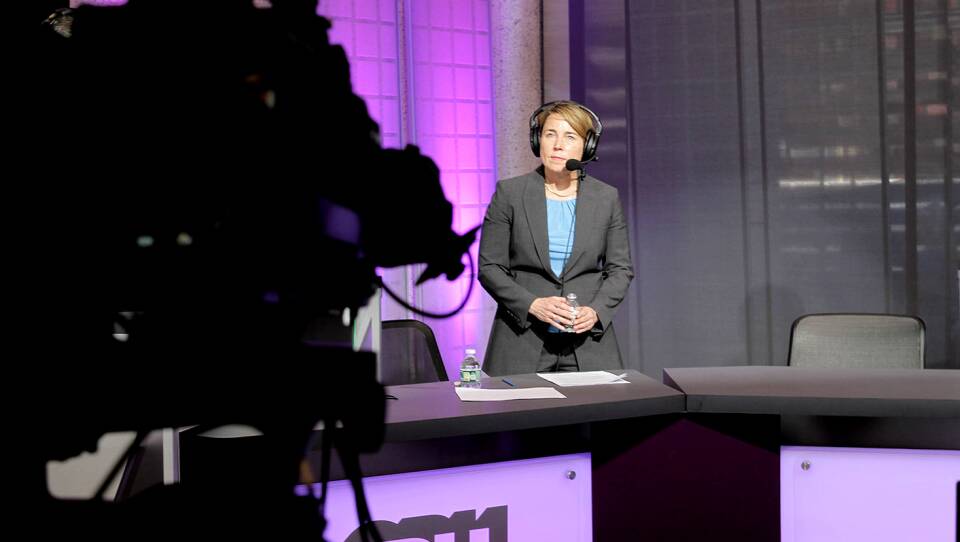The Supreme Court would be “terribly misguided” if it decides to end affirmative action in college admissions, Gov. Maura Healey said Friday.
The high court is expected to issue a ruling this month in a pair of cases — including one brought against Harvard University — that could end the practice of considering race as one factor in the admissions process.
“We anticipate it will not be a good decision,” Healey said during a Boston Public Radio interview. “It will be misguided, terribly misguided, if that’s the case, and we’re not going to change course here in Massachusetts. It is really important that our schools, our private and public colleges and universities, continue to find ways to support diversity within admissions.”
Healey said diversity on college campuses both benefits students and is “imperative for the kind of workforce we need to grow and train for a global economy.”
Earlier this week, Healey announced that, in preparation for the court’s ruling, she is convening a 42-member Advisory Council for the Advancement of Representation in Education. The advisory council will work with her team "to ensure Massachusetts will always be open, welcoming and inclusive of students of color and other students typically underrepresented in higher education."
Led by state Education Secretary Patrick Tutwiler and Higher Education Commissioner Noe Ortega, the panel held its first meeting Wednesday.
“In the event a bad decision comes our way, we’re going to be prepared as a state to make sure that we’re providing quality education and access to education for students across the state,” Healey said.
Healey added that the conservative-majority Supreme Court has been issuing decisions that are “just out of step with the majority of Americans,” referencing the 2022 decision that struck down constitutional protections for abortion. But she said she hadn’t thought “in a long time” about whether the court should be expanded or if term limits should be imposed on the justices, who currently serve lifetime appointments.
On another education topic, Healey said state officials will be out “shortly” with new health education frameworks for K-12 schools.
Those frameworks will be subject to a vote by the Board of Elementary and Secondary Education, and Healey said the new version will make “sure we have age-appropriate curricula related to sex education, health education, but also education related to mental health, related to gun violence, all sorts of things.”
This comes as advocates are again pushing for lawmakers to pass a 12-year-old bill that would require schools that offer sex education curriculum to use “medically accurate, age-appropriate, comprehensive sexual health education” that teaches about consent and is LGBTQ-inclusive.









